Harry Roberts, Head of the International School, Student Support, and Pastoral Care at Hangzhou Dipont School of Arts and Science (formerly RDFZ King’s College School Hangzhou) shares his thoughts on professional life at Kings.
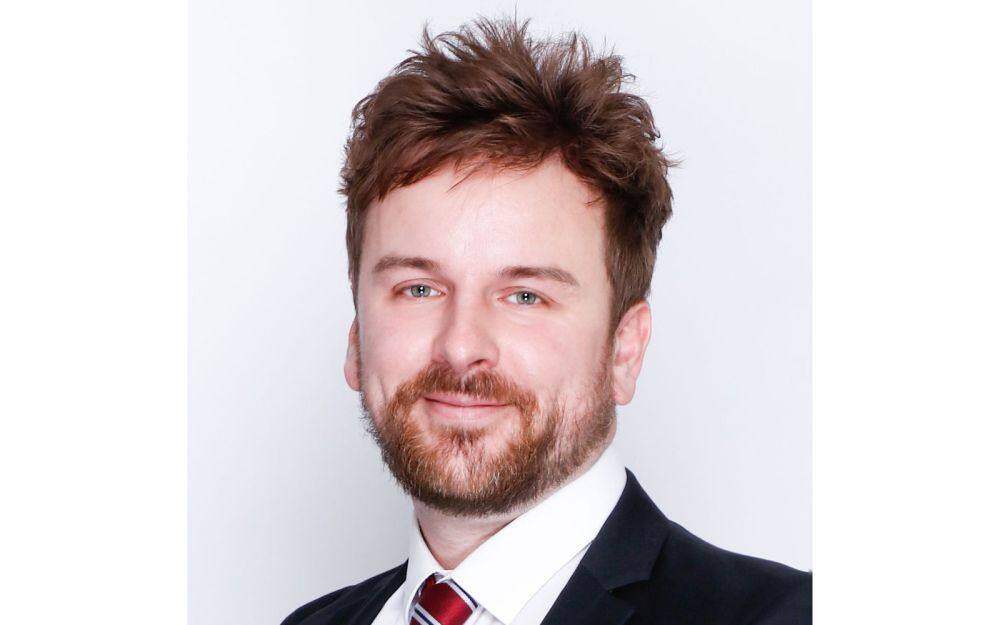
In this interview, Harry talks about teacher training, the induction process, and what makes Hangzhou DSAS a great place to develop and grow your education career.
1. What are some features of the school that make it unique?
The International School is easily one of the warmest environments I’ve worked in. Our staff have plenty of time to plan and deliver their lessons, which means we have high quality learning happening right across the school.
We’ve got very small class sizes with, on average, about 10 students per class. As a result of this smaller community, we have a very close relationship with our parents. Teachers know them by name and communicate with them on a regular basis.
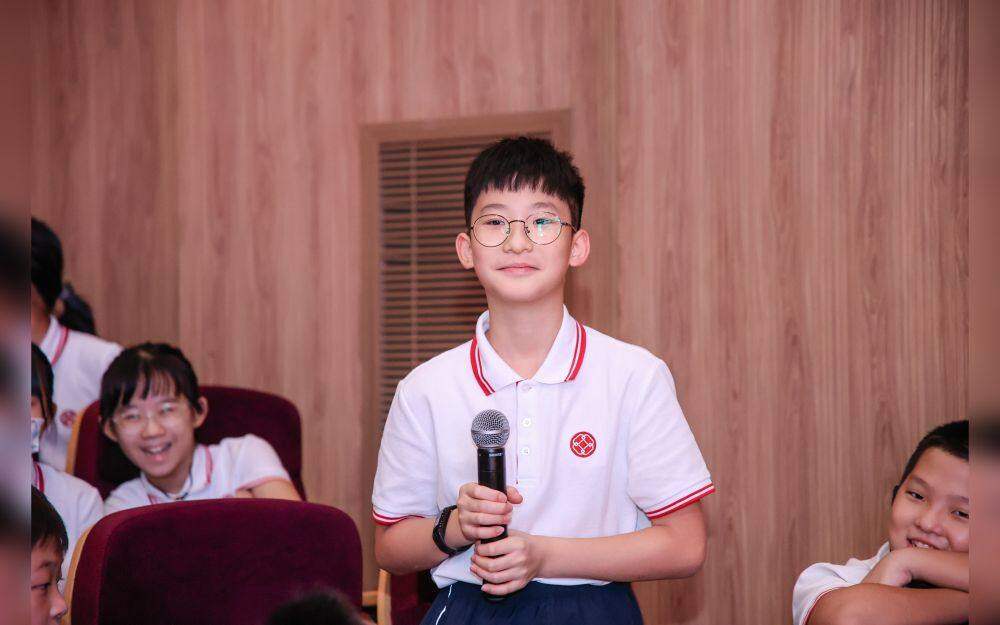
This intimacy, warmth and congeniality is a palpable feeling that you can feel in your interactions with people.
This is also reflected in the student work that is displayed on walls in staff offices, classrooms, and corridors. We have a genuinely pleasant environment in which to work here.
2. In terms of teacher training, what are some areas that you find teachers need the most help with?
An area that keeps coming up is EAL provision. As we are a bilingual school, the level of English is quite diverse. While we have a big chunk of native level speakers, we also have students whose English is less advanced.
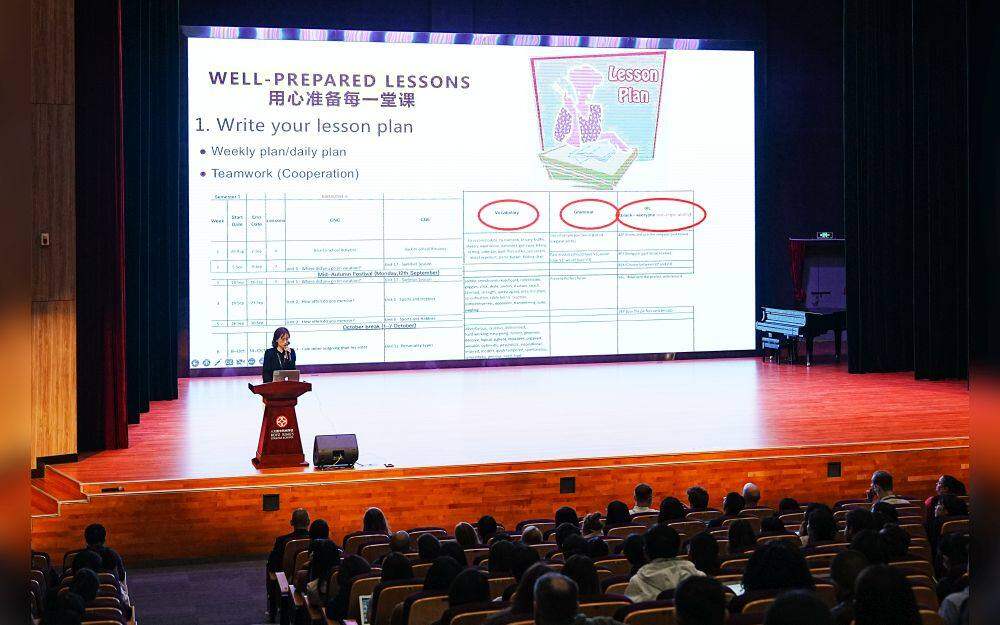
A big part of the professional life of our teachers is getting better at helping those students with the language support they need. This is an area that we continue to place time and attention on.
3. What do you think is the most important thing for teachers to start with during induction?
Our induction process has a number of phases that start well before the teacher arrives in the school.
They will first be personally contacted by the executive principal, then they will be personally contacted by their head of department, so they can get the ball rolling on curriculum and schemes of work for them to plan over the summer.
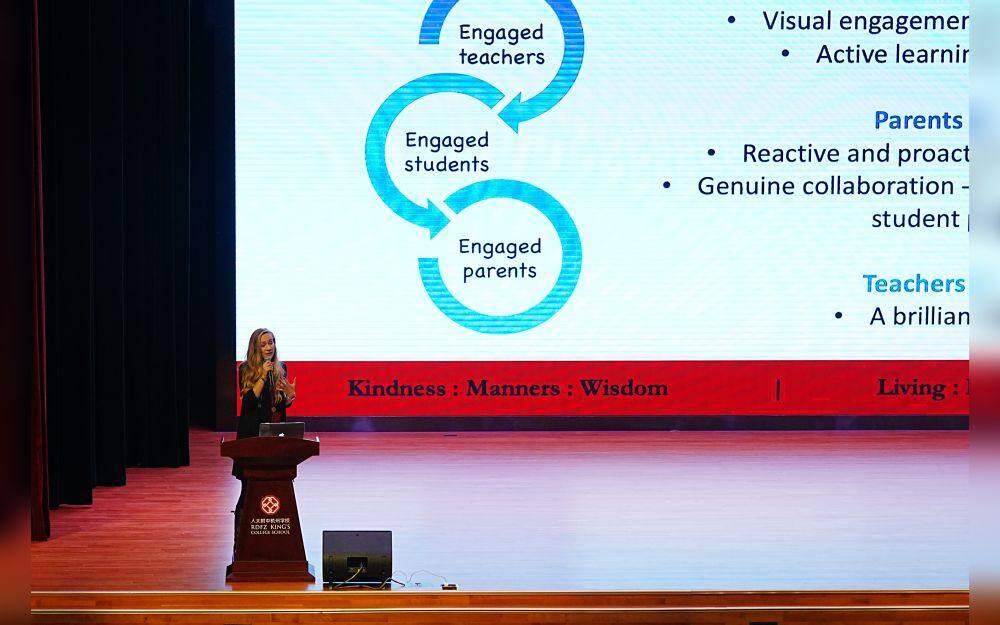
We have also put together a series of welcome / introduction videos. These are exclusively for new staff, and they are really just to expose them to what they can look forward to after they arrive.
A teacher is never more excited about working in a place than during the few months before they arrive. Carrying that excitement and momentum through the arrival process and into the time they join us at the school is really important to us.
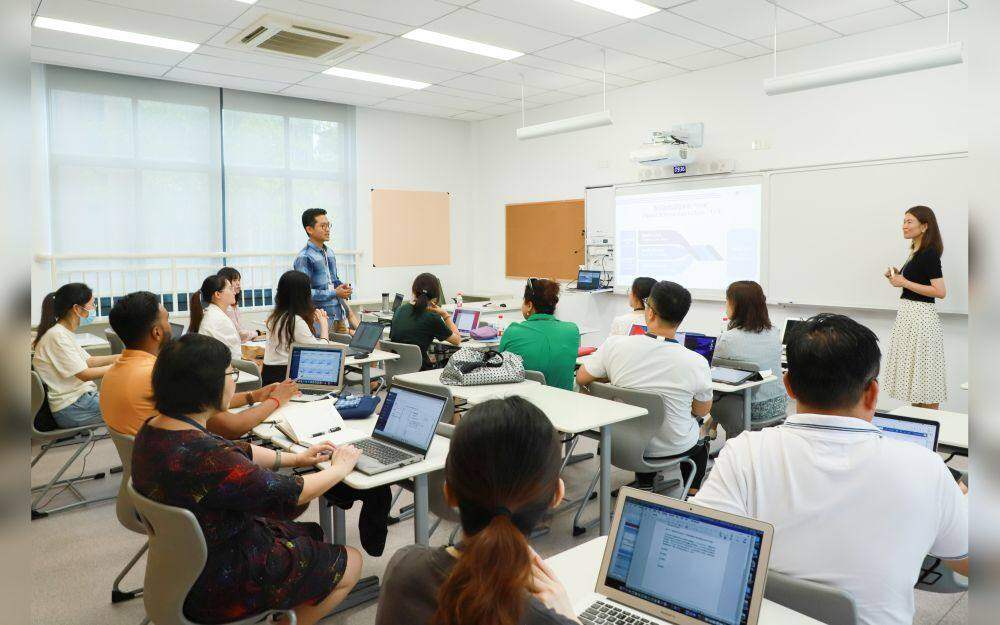
We also realize that, not only does the induction start the moment a teacher signs the contract, it also goes long beyond those first couple of weeks.
We have a number of scheduled check-ins with new teachers to make sure they are being given the forum to be heard and listened to in those opening months. This feedback helps us further improve and recalibrate our support for these new staff.
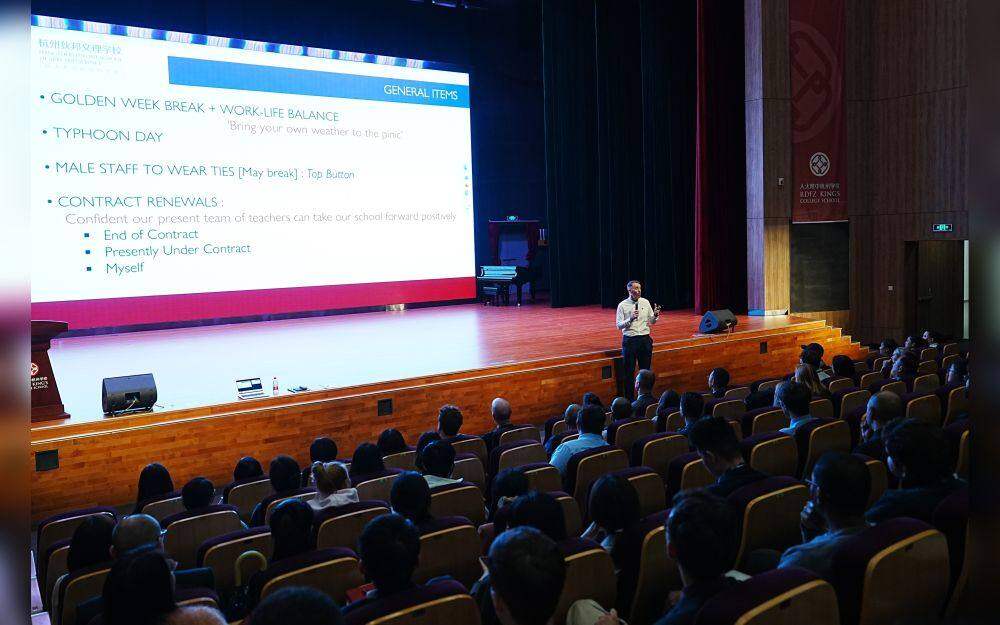
Finally, we have a twilight session program. During the first couple of weeks, when you are hearing about systems and policies, it can be quite overwhelming. For this reason, we have optional sessions that new teachers can attend in the latter two thirds of the first semester.
Staff can come and sit in on a very informal 45-minute presentation about the systems and operations that we have in the school. This is designed to consolidate any new information or instructions that new teachers may have missed out on in those opening couple of weeks.
4. How do you transition from induction to professional development?
During the first half of semester, the focus for new staff, from their leadership, should be to not burden them with too much scrutiny or punitive monitoring.
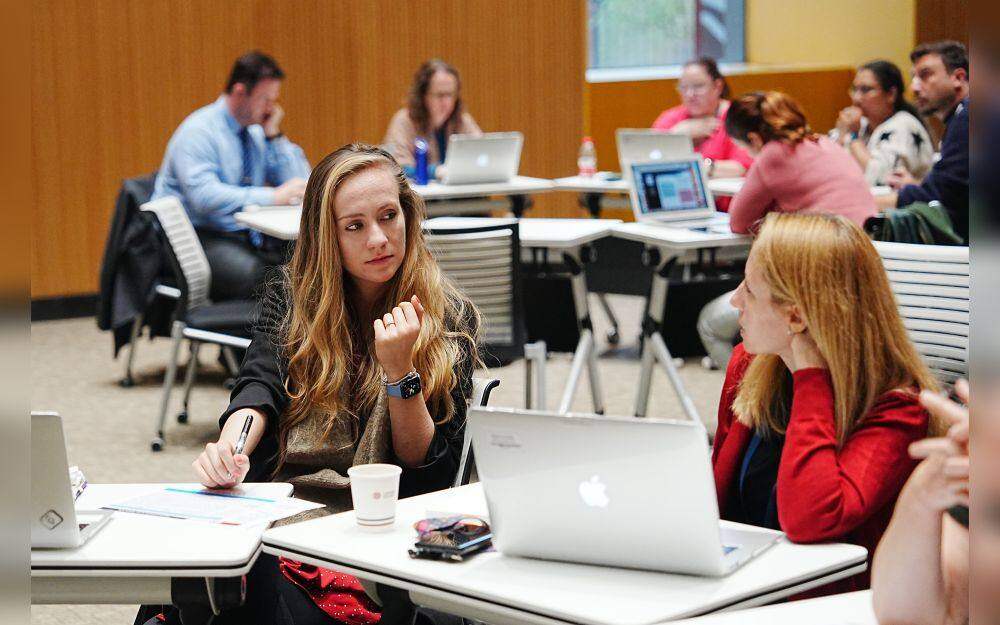
Of course, if there is a major red flag, you can’t just sweep it under the table. But our teaching cohort is very solid this year – we are lucky to have some superb teachers here both in the International section and also in the school as a whole.
The approach that I advocate is to give new teachers every opportunity to get their feet under the table, to feel comfortable and at home. More often than not, that will be the biggest conduit to helping them do well in the classroom.
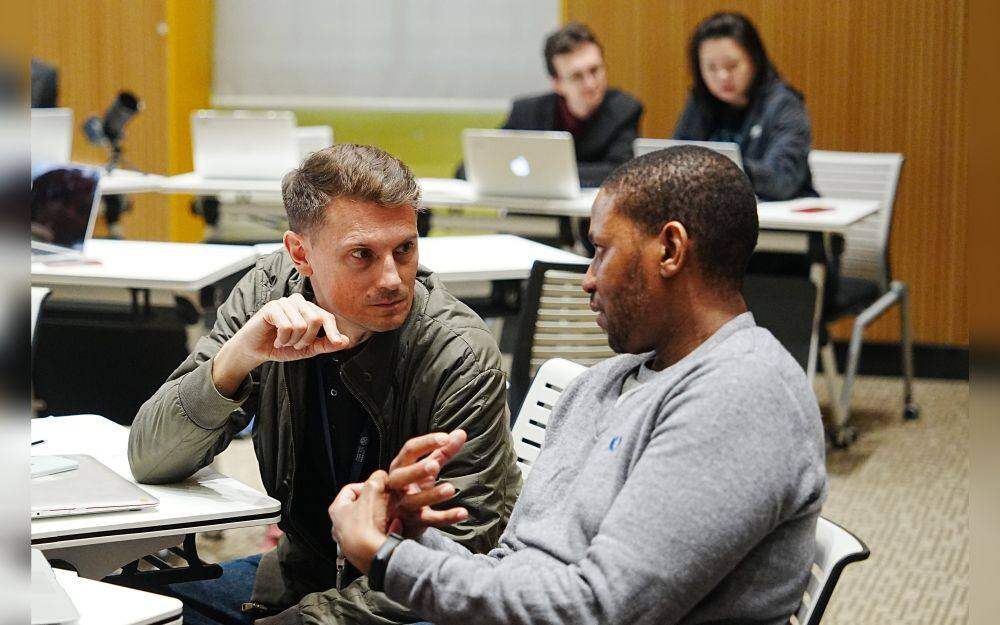
It is not always easy to transition into a new position in a school. Parents often compare the incoming teacher to the previous teacher, and sometimes that can create unreasonable expectations.
We want new teachers to feel supported by their managers through challenges like this. That can be a powerful message for the rest of the staff, and really permeate the culture of the school.
Feeling trusted and supported can really help teachers to adapt to their new work environment in the best possible way.
5. Why should a teacher in China choose to move to Hangzhou to work at Hangzhou Dipont School of Arts and Science?
Hangzhou itself is widely regarded as one of the most beautiful cities in China. In addition to this, our campus is young enough to still feel state of the art.
Another advantage is our relative maturity. As we enter our fifth year, we’ve gone through those teething problems that a lot of the new startup schools often have. We have gotten to the stage where we have established practices, and established routines.

Photo by Max van den Oetelaar on Unsplash
The staff and school community here is very warm and congenial. Many of our expat staff have not been home for the best part of three years. As a leadership team, and as a school, to try to fill that void a little bit.

Hangzhou Dipont School of Arts and Science has a comprehensive welfare program. This includes flexible half days a couple of times a semester. We also have a social calendar that has two social functions for the whole staff to attend every month.
We are always trying to create the feeling of “a home away from home” as best we can.
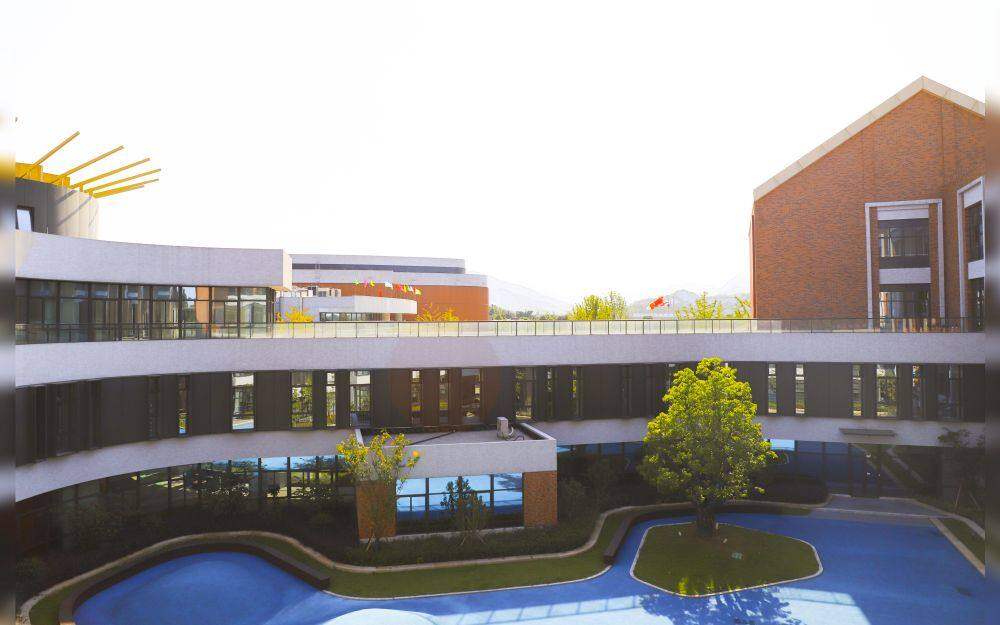
Finally, continuing education is an important part of the school’s culture. I’m just about to finish an NPQH, which the school have supported me in. Other people in the school are doing Masters or PGCEs. In many cases that have been assisted financially in completing these courses.
We invite great teachers to join us, and we want them to grow with us. We want them to enjoy working at this wonderful school, and become the best they can be with us.

